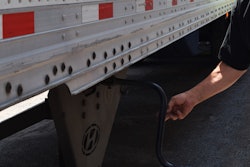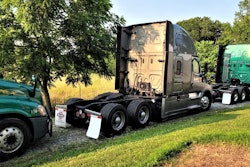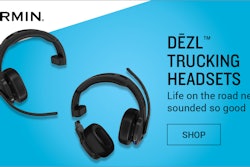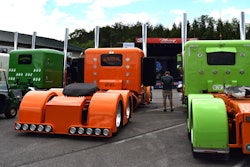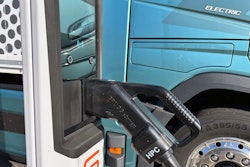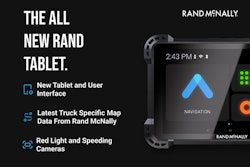Previously in this series: Power-only pros: Chief benefits of no-trailer systems include factors that ease process of scaling up
Before owner-operator Kenyette Godhigh-Bell settled into her current power-only work within Amazon Relay, detailed in brief in the first part of this "Niche Hauls" series focused on growth in power-only opportunity for independents without an owned trailer, she worked a variety of brokerages' freight networks. She's pulled UPS trailers through Coyote Logistics' freight network, hauled power-only loads booked through J.B. Hunt's 360 app, worked Schneider Logistics' relatively young FreightPower system and more.
It's certainly possible to work a multiplicity of brokers' online boards and associated smartphone apps for power-only freight, yet a carrier with authority accustomed to load choice with an owned trailer is likely to find considerably less in the way of options in today's hot spot freight markets. That's one among several drawbacks to power-only operation noted in interviews and other commentary around Overdrive's recent survey of power-only carriers. Readers also identified headaches associated with non-owned trailers, more deadhead miles, inflexible rates, new costs and more.
Pete Covach, industry solutions adviser for transport communications tech provider Trimble, noted the limited-load-choice factor for owners "jumping between apps to try to find what’s best" for the next load. If you're the type of owner-operator who thrives on negotiation and high-touch load selection for the absolute best rates, "once you go power-only, there’s not a lot of spot-market opportunities – you limit yourself one way or another."
Many successful power-only carriers, as noted in prior parts of this series, end up looking a lot like leased carriers, operating within a single brokerage's system with their carrying capacity dedicated to that broker or one of its customers. That brings with it some advantages, covered in the previous part of the series, but related drawbacks, too, as recent respondents to Overdrive's power-only survey noted.
While Godhigh-Bell eventually settled into Amazon's system for her principal freight partnership, some of the difficulties Covach identified above presented themselves with the large shipper as well. Competition for the best loads among carriers in Amazon Relay is quite high. "One of the challenges with Amazon is that booking a load can be like trying to hit the buzzer on Family Feud," Godhigh-Bell said, particularly for loads that are high-dollar overnighters or needed ASAP. It's difficult to make the cost/revenue calculations necessary for profit evaluations in the 15 seconds she might have to accept the load in the system before somebody else does.

